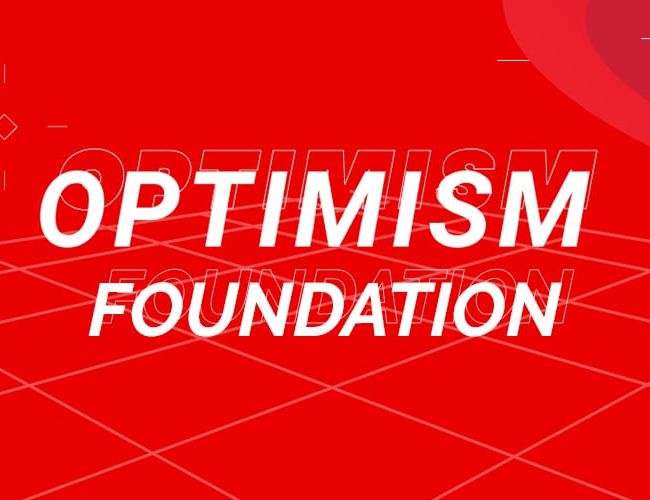Optimism has returned its network to a permissioned state after community audits found several bugs in its recently launched permissionless Fault Proof System, including two high-severity issues. Optimism began testing its Fault Proof System on the Ethereum Sepolia testnet in March to improve security and decentralization, while also addressing criticism of previous vulnerabilities.
The decision comes just two months after the network rolled out permissionless Fault Proof on June 10, followed by a token unlock event. This improved the network and allowed for the withdrawal of Ether and ERC-20 tokens, a major milestone that allowed it to reach Stage 1 of decentralization, as outlined by Ethereum co-founder Vitalik BUTERIN. Mofi Taiwo, a protocol engineer representing Optimism member OP Labs, submitted a proposal to the network governance forum detailing the reasons for activating the fallback system. The post emphasized that no vulnerabilities were exploited and that user assets were never at risk.
The vulnerabilities identified primarily affect contracts related to the Fault Proof System, which are outside the scope of Optimism’s audits. These contracts have been categorized as posing viability and reputation risks that do not require formal audits under the project’s guidelines. To address the issues, Taiwo proposed an upgrade called “Granite” scheduled for September 10 at 16:00:01 UTC. The upgrade will include several network updates, including an L2 hard fork. Although the hard fork has not undergone a formal audit, OP Labs has conducted an internal security review and deemed the changes to be low-risk.
Image: The Crypto Times
 cryptonews.net
cryptonews.net
